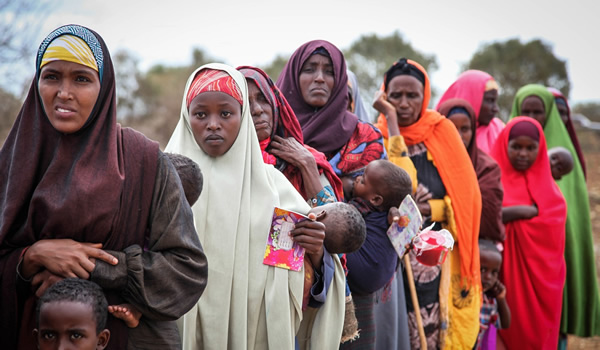Research On Family Planning In Somalia & Somaliland
The vulnerability assessment in Somalia adopted a cross-sectional observational study design with a mixed participatory method.
Project Details
The Female Health Worker (FHW) program is a component of the Somalia Recurrent Cost & Reform Financing Project (RCRF) – Phase III, implemented through the FGS with funds from the World Bank (WB). The program supports 598 Female Health Workers (FHW) and 39 Female Health Supervisors (FHS) health workers across Benadir Region, Puntland, and Galmudug States of Somalia. The program aims to support:
- The implementation of Primary Health Care (PHC) services at the community level through the Government’s Female Health Worker (FHW) Program
- Builds the capacity of implementing government to manage the program.
Implementation
The methodology deployed was a mix of document reviews, key informant interviews, and phone interviews, made to individual FHWs, FHSs, Master Trainers, and Senior MoH officials in Benadir, Puntland and Galmudug. This entailed physical visits to health facilities and warehouses, and Interviews with FHWs, FHSs, health facility in-charges and warehouse staff in Galmudug and Benadir. The plan also included community entry activities. However, because there are no Community Development Health Committees (CDHC in Benadir and Galmudug, that part of the exercise was not completed. The unexpected increase in number of FHWs and FHSs has implications for overall program planning, implementation, and operations, especially in relations to cost of procurement and distribution of medical supplies, supportive supervision, program monitoring and quality assurance. Implementation areas: Benadir, Puntland and Galmudug
Key Deliverables And Outputs
- Validation of existing and new FHWs
- Health facility, Warehouse and pharmacy assessments













